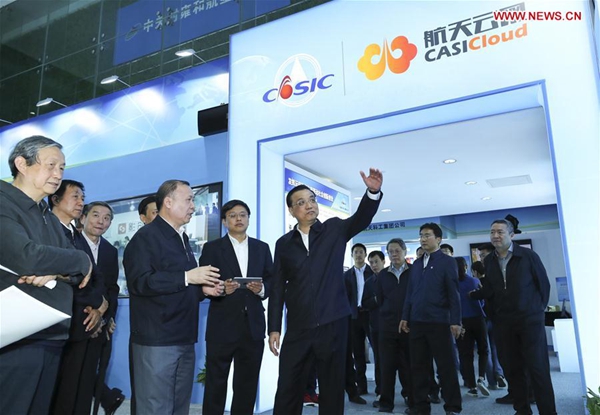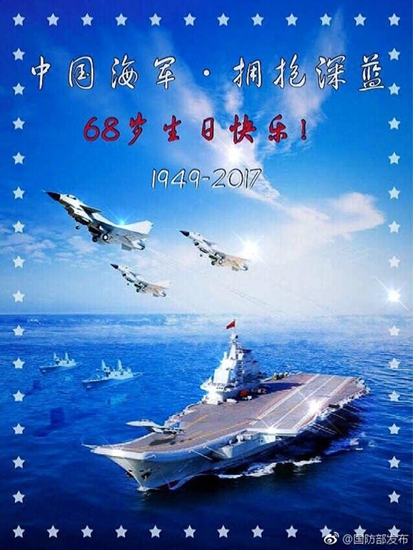Endorsing one-China principle only way to break deadlock in cross-strait ties: spokesperson
A Chinese mainland spokesman on Friday urged Taiwan authorities to accept the 1992 Consensus, which acknowledges that both sides across the Taiwan Strait belong to one China, saying it is the only way to break the current deadlock in cross-strait ties.
The undermining of the 1992 Consensus — the common political foundation for cross-Strait exchanges — since May last year has been the most fundamental change in cross-strait ties, said Ma Xiaoguang, a mainland spokesperson with the Taiwan Affairs Office of the State Council.
Taiwan leader Tsai Ing-wen took office in May 2016. Her administration has not recognized the 1992 Consensus, which has led to suspension of cross-strait communication mechanisms.
“Whoever undermined that (common political) foundation should be held accountable for the current deadlock across the Taiwan Strait,” Ma said.
He went on to say that the administration of Tsai’s Democratic Progressive Party (DPP) has not only failed to accept the 1992 Consensus and that both the Chinese mainland and Taiwan belong to one China, but has also indulged and supported a series of activities aimed at “de-sinicization” and “Taiwan independence.” It has also obstructed cross-strait exchanges and sought to turn people from both sides against each other.
“These are the biggest obstacle for cross-strait ties at the moment,” Ma said.
He said the Chinese mainland’s Taiwan policy has been consistent and clear.
“We stick to the 1992 Consensus, which sets out the one-China principle, and work to protect and promote peaceful development of cross-strait ties. But we will never allow our country to split,” Ma said.

